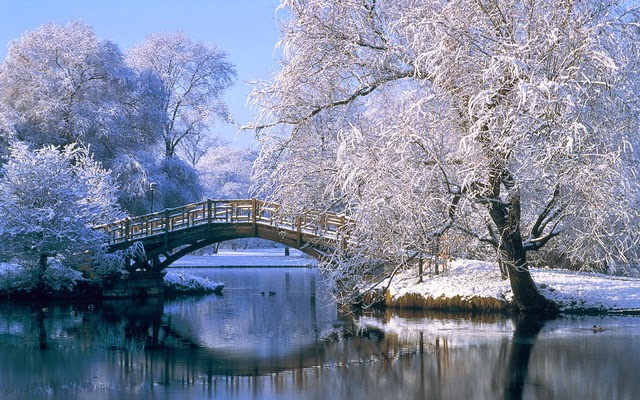BEACH
A beach is a
landform along the coast of an ocean, sea, lake, or river. It usually consists
of loose particles, which are often composed of rock, such as sand, gravel,
shingle, pebbles, or cobblestones. The particles comprising a beach are
occasionally biological in origin, such as mollusc shells or coralline algae.
Some beaches have
man-made infrastructure, such as lifeguard posts, changing rooms, and showers.
They may also have hospitality venues (such as resorts, camps, hotels, and
restaurants) nearby. Wild beaches, also known as undeveloped or undiscovered
beaches, are not developed in this manner. Wild beaches can be valued for their
untouched beauty and preserved nature.
Beaches typically
occur in areas along the coast where wave or current action deposits and
reworks sediments.
Word Origin
Mid 16th century
(denoting shingle on the seashore): perhaps related to Old English bæce, bece
'brook' (an element that survives in place names such as Wisbech and Sandbach),
assuming an intermediate sense 'pebbly river valley'.
Winter is
the coldest season of the year in polar climates and temperate climates,
between autumn and spring. Winter is caused by the axis of the Earth in that
hemisphere being oriented away from the Sun. Different cultures define
different dates as the start of winter, and some use a definition based on
weather. When it is winter in the Northern Hemisphere it is summer in the
Southern Hemisphere, and vice versa. In many regions, winter is associated with
snow and freezing temperatures. The moment of winter solstice is when the sun's
elevation with respect to the North (or South) Pole is at its most negative
value (that is, the sun is at its farthest below the horizon as measured from
the pole). The earliest sunset and latest sunrise dates outside the polar
regions differ from the date of the winter solstice, however, and these depend
on latitude, due to the variation in the solar day throughout the year caused
by the Earth's elliptical orbit (see earliest and latest sunrise and sunset).
Word Origin
The word
winter comes from an old Germanic word that means "time of water" and
refers to the rain and snow - as well as low temperatures - of the season in
middle and high latitudes. In the Northern Hemisphere, it is commonly regarded
as extending from the winter solstice (the year's shortest day), December 21 or
22, to the vernal equinox, the start of Spring. The word winter came into
English c 888.
Geography
Winter Beach is
located at 27°43′N 80°25′W (27.714,-80.424).
According to the
United States Census Bureau, the CDP has a total area of 6.9 square miles (18
km2), of which, 6.9 square miles (18 km2) of it is land and 0.14% is water.
History
Winter Beach was
originally established as the town of Woodley, in the late 1890s. In 1902, the
community's name was changed to Quay, in honor of Senator Matthew S. Quay of
Pennsylvania. Senator Quay had introduced a Senate bill to widen and deepen the
Intercoastal Waterway which the community thought would be of benefit. Senator
Quay was a winter resident of St. Lucie Village, just north of Fort Pierce,
where his old home still stands. In 1922 the name of the community was changed,
for promotional purposes to Winter Beach, "Where the Sunshine Spends the
Winter." In 1925, Indian River County was established, and Winter Beach
almost became the county seat, however the then town of Vero (now Vero Beach)
was an incorporated city, and was selected as the county seat. Portions of
Winter Beach were still enumerated as Quay in the 1940 Census.
Climate




No comments:
Post a Comment